‘I can’t remember a lot of my career’: Ex-rugby international Alix Popham on brain injuries and dementia
Popham, a father-of-three, has embraced the diagnosis of early onset dementia and is using his position to try and prevent current players from suffering the same fate that befell him, writes Conor O’Sullivan
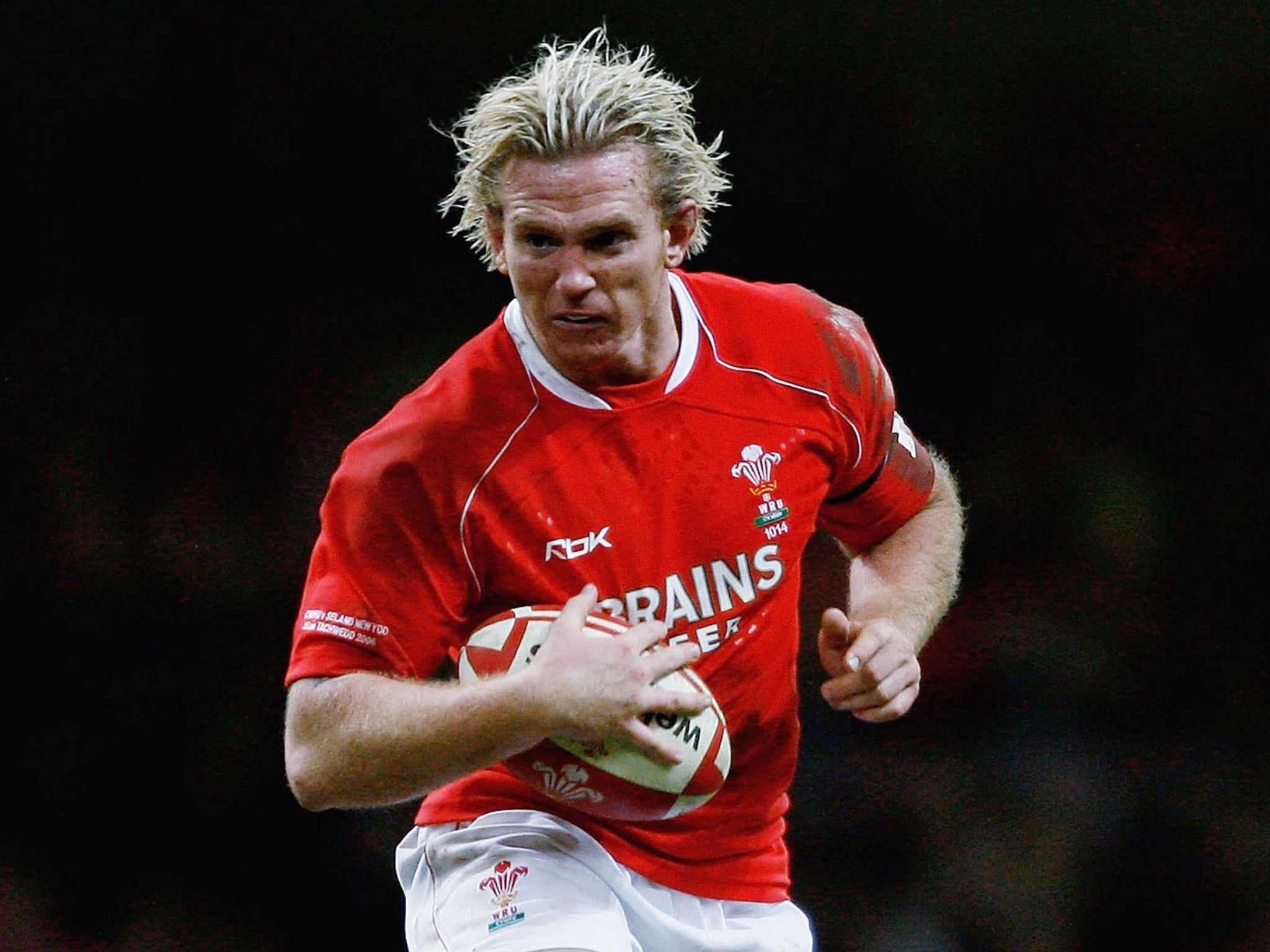
Despite all the suffering and worry the sport has inflicted on Alix Popham and his family, the former Wales international will still be watching how his country fares in this year’s Six Nations. Wales open the tournament on Saturday when they travel to Dublin before Scotland host England later that afternoon. And the old rivalries and heavy collisions can resume again.
The former back-rower, 42, was diagnosed with traumatic brain injury, early onset dementia and probable chronic traumatic encephalopathy (CTE) in April 2020; he can barely remember most of his playing career and is part of a group of former professional players suing three of the sport’s governing bodies for damages relating to brain injuries suffered – World Rugby (WR), the Rugby Football Union (RFU) and the Welsh Rugby Union (WRU).
WR has been urged to follow the lead of rugby league in the fight to reduce the effect of repeated head knocks. The Rugby Football League (RFL) has extended return-to-play protocols (RTPP) which mean players who fail concussion tests in matches or at training must now wait at least 11 days before playing again. That is up from seven days while in elite rugby union the minimum requirement remains at six (which they reduced from 21 days in 2011).
An increase to RTTP and vastly reducing the amount of contact in training would significantly reduce the risk of players suffering brain injuries outside of matches. The upcoming damages case could set precedents to protect the current generation of players. Coaches, who rely on the intensity of training to prepare for matches, but also players that need training to prepare adequately for club and Test matches, will need time to adjust to these rules changes. But the long-term future of the sport needs changes like this to protect its greatest asset: the players.
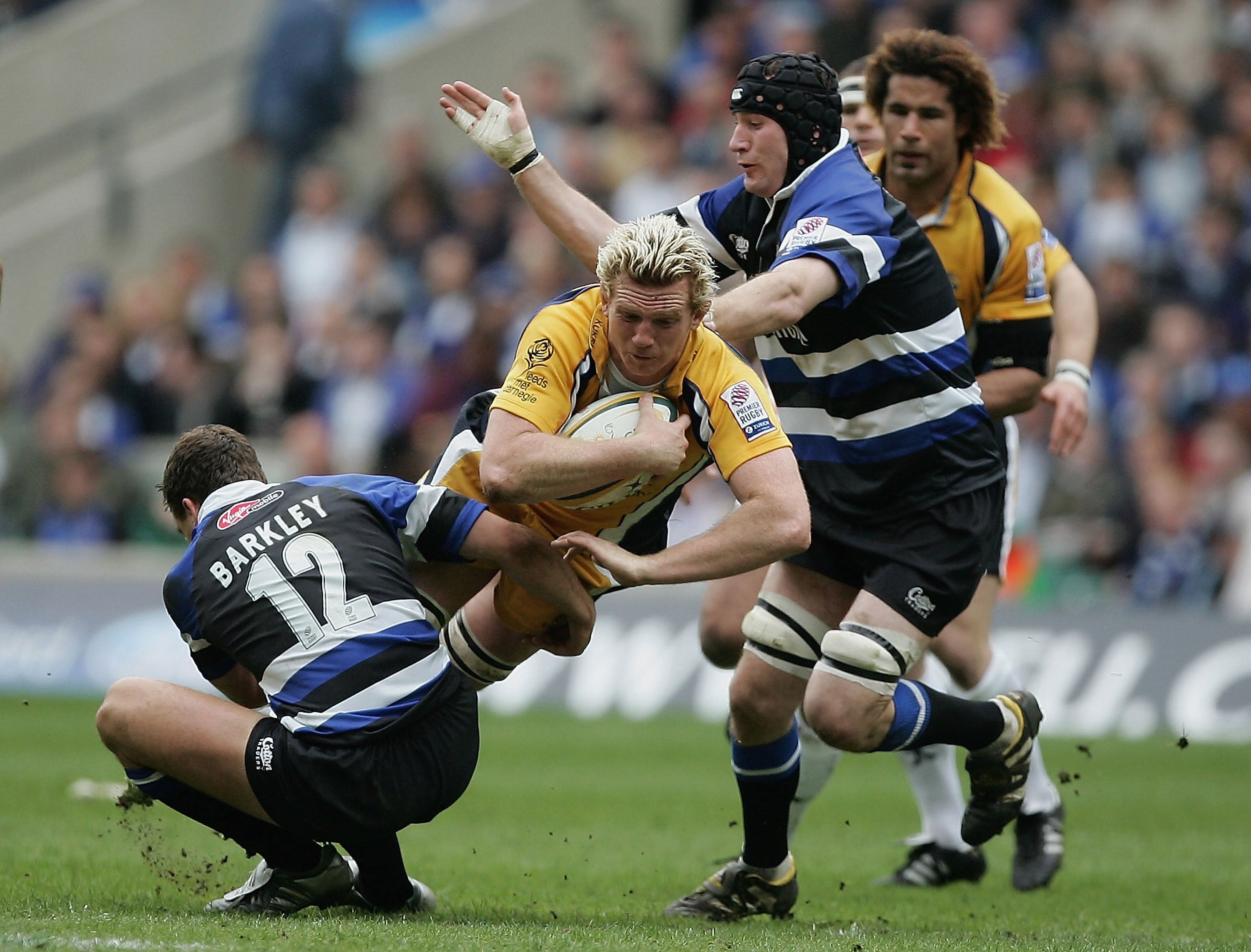
“I can't remember a lot of my career,” Popham, who had a 13-year career with Newport, Llanelli Scarlets, Leeds and French club Brive as well as 33 caps for Wales between 2003-08, tells me over Zoom. “I'm going to the Wales vs Scotland game [in Cardiff on 12 February] after cycling in the Doddie Weir 500. I genuinely love the game but want to protect the current players and I don't feel that they are. I look at rugby through different eyes; every contact, every off-the-ball incident, because I wasn’t aware of all this damage being done.
One hundred and sixty former rugby union players – all of whom are suffering from a variety of neurological impairments, including early onset dementia, probable CTE, epilepsy, post-concussion syndrome and Parkinson’s disease – are part of the lawsuit taking legal action. Litigation is a slow process that could take months or even years to resolve. Now that 75 former rugby league professionals have also commenced legal action against the RFL, the precedent at stake for both sports could change the game permanently if the players are successful.
This is an exciting time of year for rugby fans. The cyclical nature of the rugby calendar gives these internationals a sense of real significance.
Brain injury will be ever-present in this year’s Six Nations as it has become a spectre over the sport. The price for these ex-players and their families, including Popham and the former England hooker and 2003 World Cup winner Steve Thompson, is, for the worse impacted, a life robbed of dignity and the ability to remember the most joyous moments of their lives.
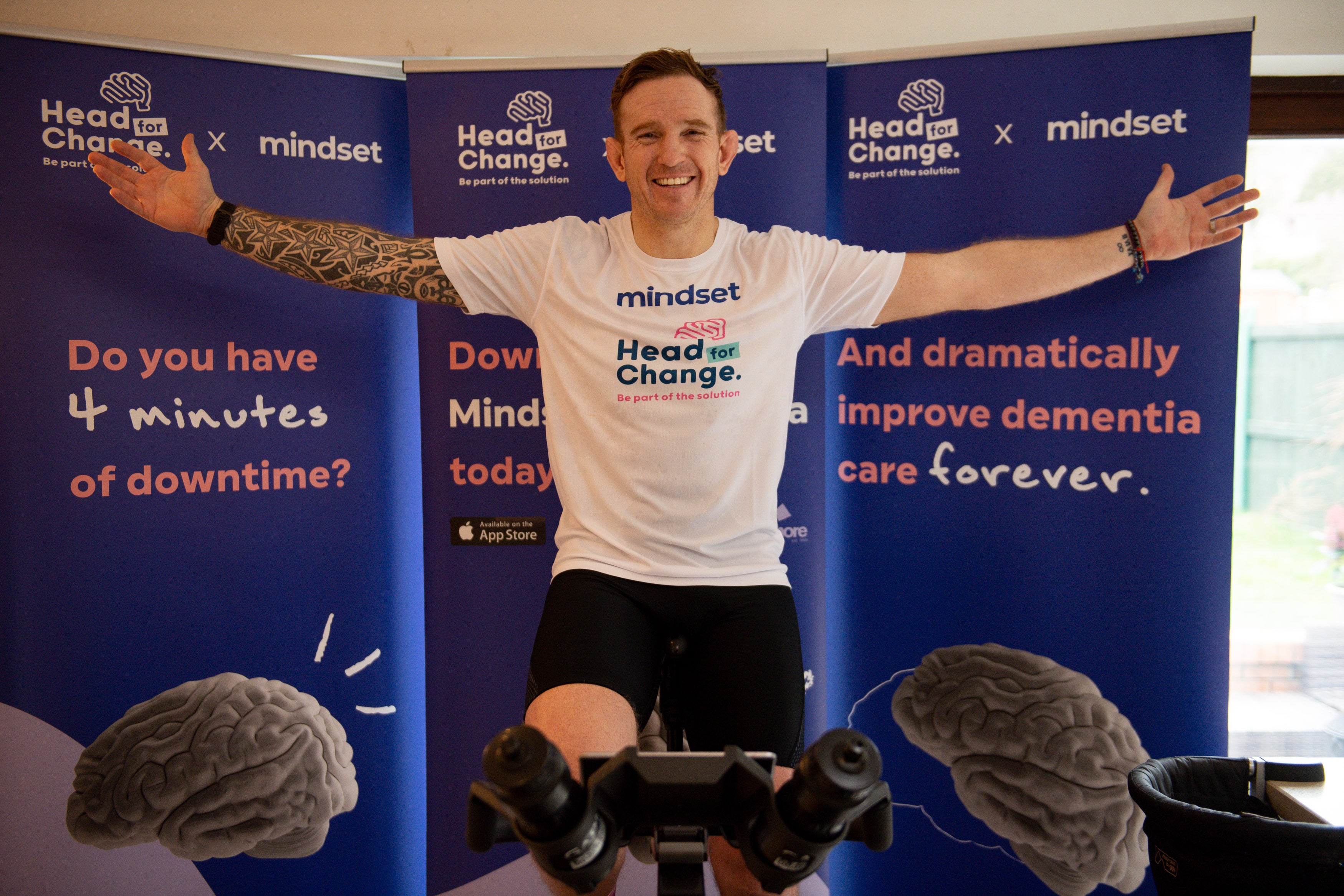
Popham, a father-of-three, has embraced the diagnosis and is using his position to try and prevent current players from suffering the same fate that befell him. Progressive Rugby, a lobby group Popham endorses, was recently set up to push for changes to how the sport is governed that will minimise the risk of concussion and sub-concussions, and their impact when players return to training and matches.
“Things have got easier because you have answers for certain things,” says Popham when discussing his diagnosis. “I was forgetting things. Things like dinner parties or board meetings when lots of people were talking over one another, I was struggling to filter out any noise. Now, if my wife Mel has something important to say, we make sure the TV is off or the radio is off in the car. So, it's just us two talking to one another.
The statistics show that in the men’s game the burden of a match concussion – a measure combining the frequency and severity of injuries – is the highest it has been since 2002. The most commonly occurring injury in “full-contact” training sessions is concussion.
Part of rugby’s appeal is the gladiatorial aspect – seeing players launch themselves into walls of muscle and limb to break the line or force a turnover. The physical effort it requires to win a match can be staggering. This marriage between brute force and the technical ability of someone like New Zealand’s Beauden Barrett or the try-scoring ability of Jonny May is what attracts fans.
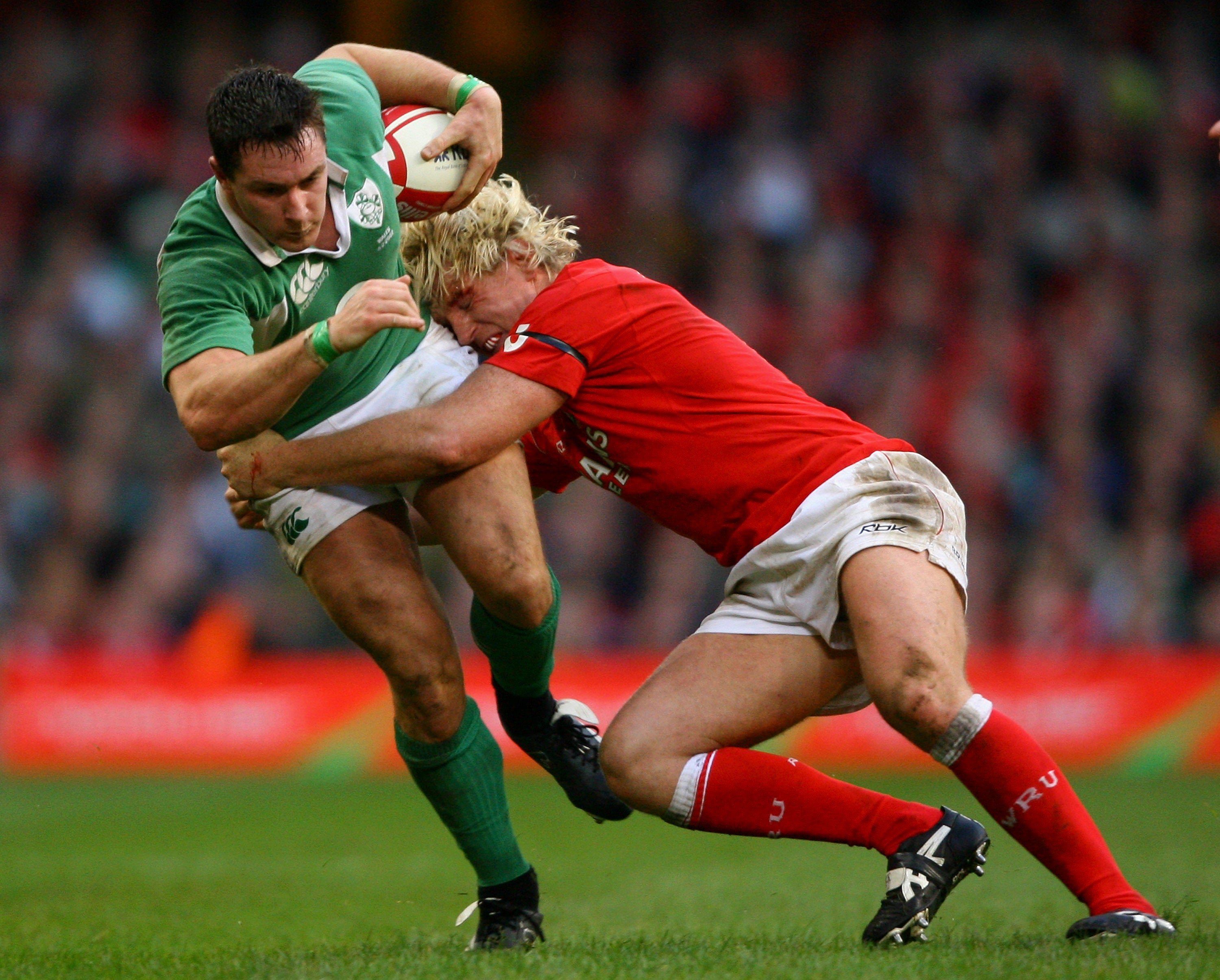
“The majority of players in their squads don’t want to be known as a moaner,” says Popham. “Also, when you're in that situation, you trust that bubble around you. You trust the medical team that everything is in place. I would've loved to have played with Jonathan Sexton or Owen Farrell, their playing style, being so physical and on the edge, is what makes them special.” The Irish fly-half has had multiple concussions, according to reports, and under the current rules has returned to play within a week or two for each head injury, aside from when separate muscular injuries suffered around the same time kept him sidelined.
“Permanent brain damage is horrific. It's a death sentence,” says Richard Boardman, a solicitor for Rylands law firm which is representing the former union and league players against their respective governing bodies.
“We've seen what's happened to former players in other contact sports like the NFL, football, Aussie Rules. Philip Adams, 32, and Vincent Jackson, 38 [former NFL players who died last year] were recently found to have died from CTE. Adams murdered six of his neighbours just before he killed himself. You can only really get CTE from playing contact sports, and it's not necessarily the concussions, it's that accumulation of sub-concussions you get when you tackle, carry, ruck, maul, which over a career really do a lot of damage.”
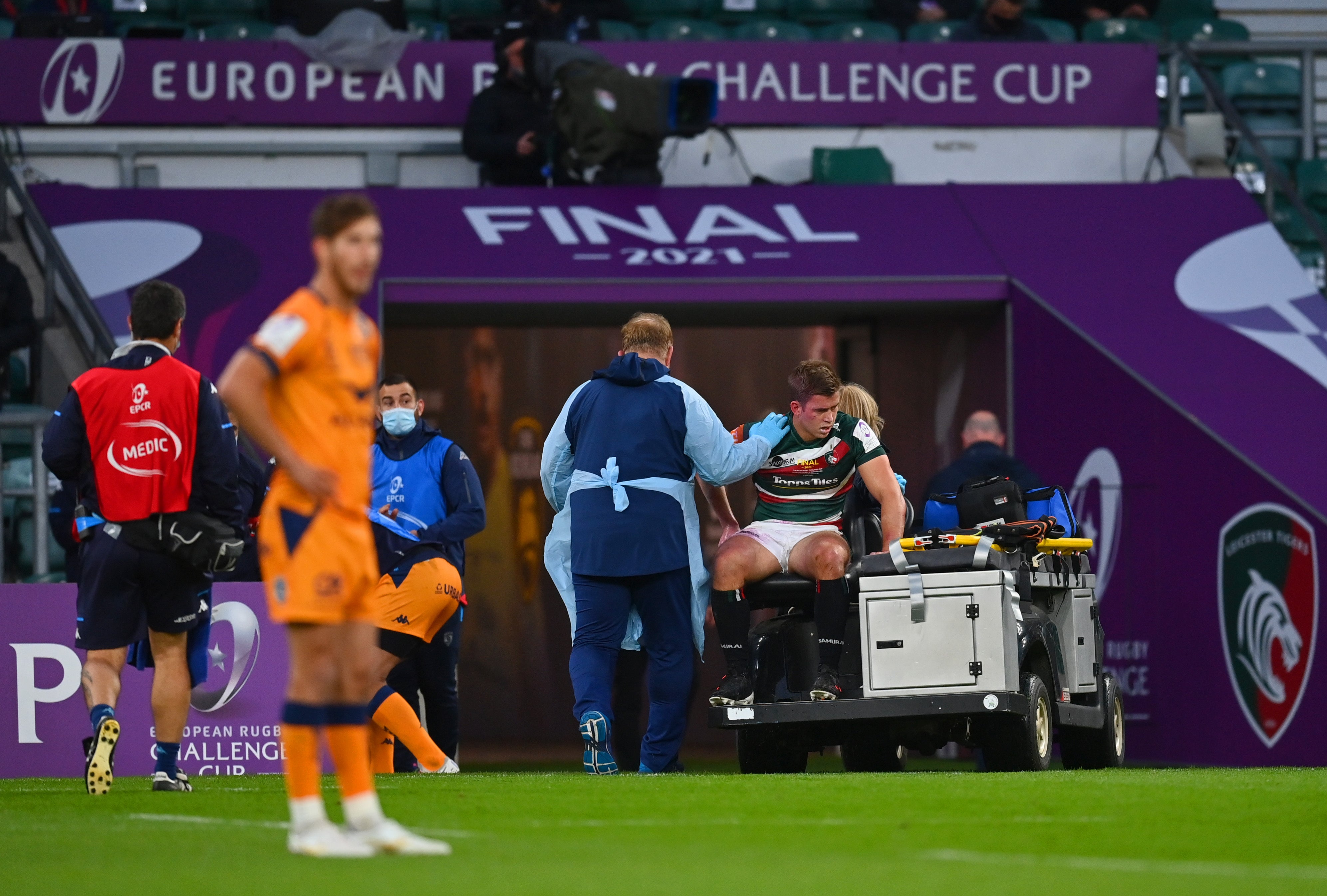
James Drake, a respected and independent concussion researcher, and founder of the Drake Foundation, was quoted recently as saying elite rugby is still unsafe. Last year, his foundation published a study showing that one quarter of elite rugby players they tested – with a mean age of 25 – had brain damage.
“All contact sports are facing the same existential crisis when it comes to traumatic brain injuries,” adds Boardman. “We've got guys with little to no memory at 40 years old. They have anger issues, are violent, addicted to alcohol and drugs, are incontinent. They’re in psychiatric wards or homeless, suicidal.
“We believe that 50 per cent, maybe more of that first generation of professional players in rugby union [1995 to mid 2000s], particularly front-row and back-row players, have brain damage.”
Popham is using his experience to help others and despite still holding the same passion for the sport, he is wary of his children ever playing. “I have three daughters and thankfully none of them have told me they want to play rugby,” he says. “I'm glad they don't but if they did want to play I’m in a much better position to understand what's going on to speak to their coaches, to be at every training session to make sure they were as safe as possible. I look at everything differently, not just rugby. It makes you look at the world differently.”
World Rugby, the RFU and the WRU were approached for comment.
Join our commenting forum
Join thought-provoking conversations, follow other Independent readers and see their replies
Comments
Bookmark popover
Removed from bookmarks